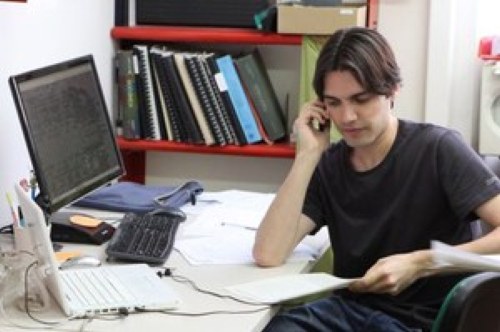The recent widespread success of remote work not only promotes flexible work organisation at the individual level but can also have profound impacts on society, economy, and territorial development. What kind of impacts? This is what researchers are trying to understand through REMAKING, a new Horizon Europe research project coordinated by Professor Marco Di Tommaso at the University of Bologna.
The project will start participatory research in several cities and rural areas across seven European countries, in addition to Ukraine. One of these case studies will focus on the Metropolitan City of Bologna. The aim is to understand how to balance the opportunities and issues arising from the spread of remote work.
“At the core of REMAKING is the awareness of the ongoing megatrends, such as digital transformation and the casualization of production models. These trends have facilitated the rise of remote work, with its diffusion further consolidated by recent shocks like the pandemic and the war in Ukraine”, explains Marco Rodolfo Di Tommaso, economist at the Department of Civil, Chemical, Environmental, and Materials Engineering at the University of Bologna. “Knowing more about the numerous effects produced by remote work on individuals, business models and the socio-economic sphere could help shape current structural, social, economic, and spatial changes.”
Researchers will investigate how different forms of remote work can influence territories, focusing on the dynamics that may arise between urban and rural areas and on the impacts on local communities, including ethical, social, and employment aspects.
On the inequality front, it is estimated that only 37% of EU workers have jobs suitable for remote work. This fact could exacerbate pre-existing territorial and socio-economic disparities.
“The spread of remote work can decentralise workplaces, creating opportunities for both urban and rural areas,” says Di Tommaso. “In cities, this phenomenon could have significant impacts on urban mobility, but also on consumption and property market. While in rural areas it could create a greater dynamism and attract new investments in essential services, such as healthcare and transport.”
Thanks to a case study analysis, including one in Bologna, REMAKING researchers will obtain answers not only on the implications of remote working diffusion for lifestyle, health, and safety, but also concerning the territorial and social consequences. This approach will make it possible to support both urban and rural areas through these changes, addressing the challenges and opportunities that may arise.

